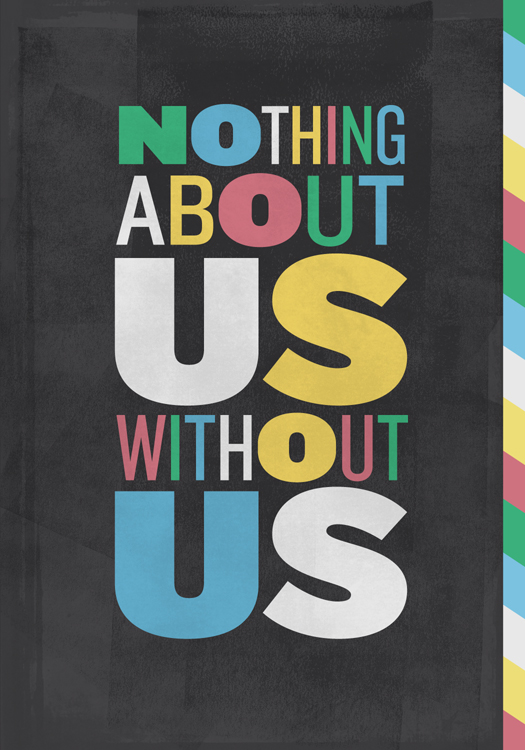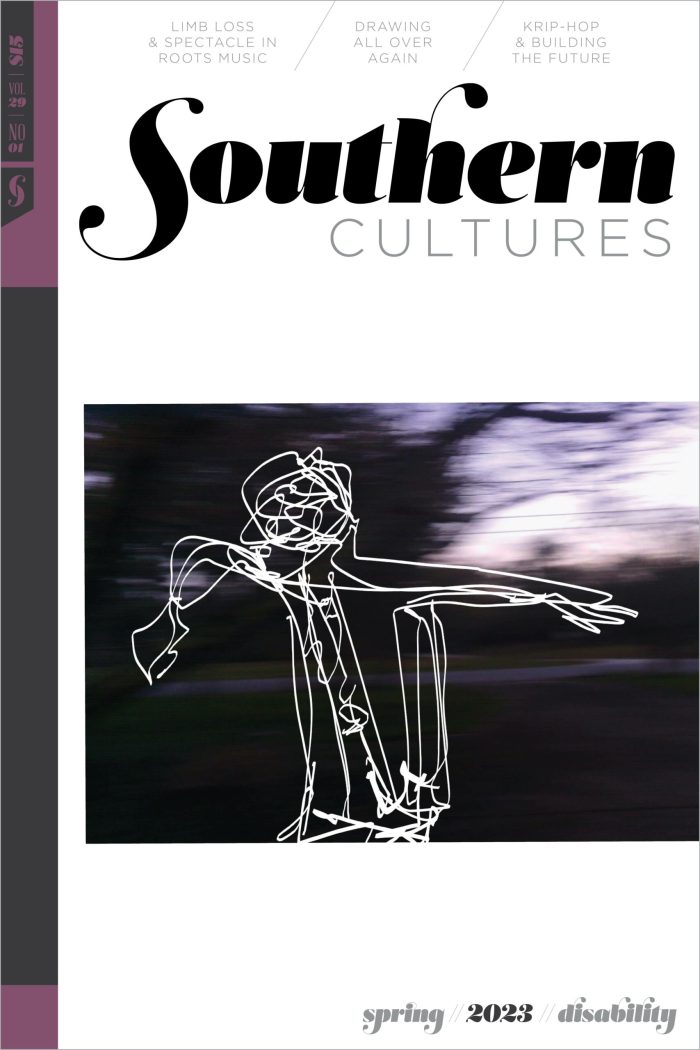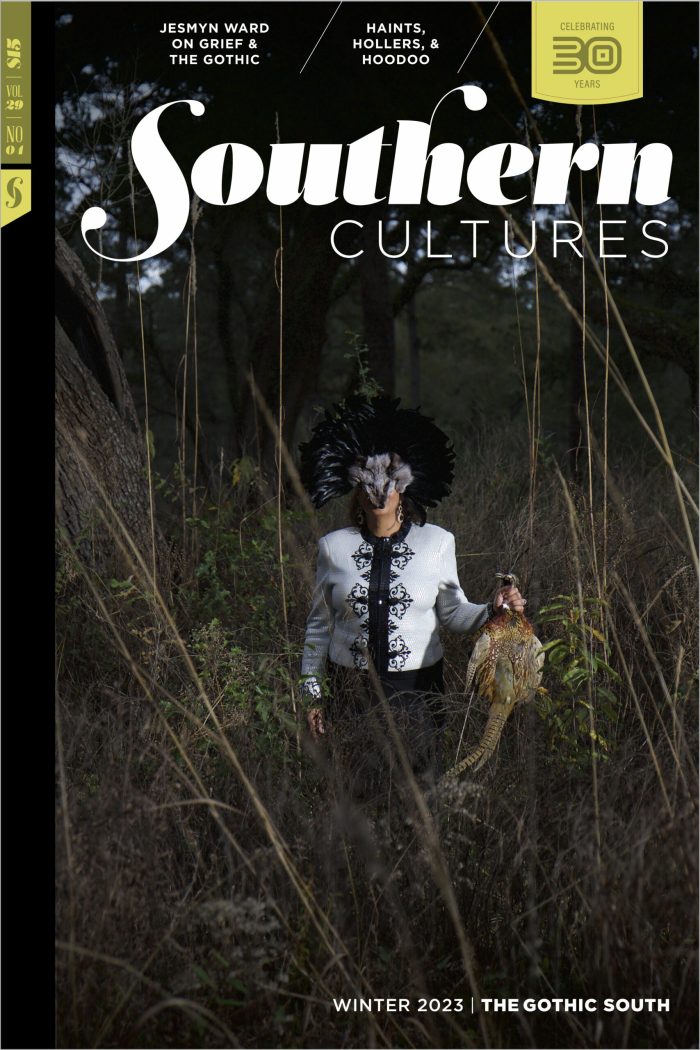Essay
by Charles L. Hughes
“Nothing about us without us.” This call—first made by disability-rights activists in South Africa and since taken up by disabled people around the world—not only signals the central demand of disabled political movements for access, equity, and justice, it is also a connected reminder to those who tell the stories. Rejecting the well-worn narratives of »
Essay
by Adria L. Imada
“Those who had been medically incarcerated for many years found it difficult to seek lives on the outside, having internalized their ostracization as public health criminals, menaces, and ‘pests.’” Strum. Chucle. Cha-lang-a-lang. Croon. Twang. Clatter. Exuberant sounds from a party seem to float from snapshots taken around 1972 or 1973. In a large living room, »
Essay
Limb Loss, Difference, and Disability Spectacle in Southern Roots Music
by Simon Buck
Summer 1964. Downtown Charlotte, North Carolina. Jim Scancarelli, staff member at local radio and television station WBT, spots “Uncle” Frank Rayborn sitting with his banjo on a poplar-wood chair on the sidewalk of South Tryon Street. He rushes to his office to grab a tape recorder. For this banjoist is truly unique: he only has »
Essay
by Keri Watson
A middle-aged white man in three-quarter-length view proudly fills the frame of the black-and-white photograph (fig. 1). He stands on a cracked cement landing beneath a leafless oak tree. Behind him, peeling plaster reveals a crumbling, low-slung brick wall, over which a tangle of brambles gives way to a field bounded on the left by »
Art
Remembering Patrick Dean
by Robert Newsome
When artist Patrick Dean died in May of 2021, he left behind an impossibly large collection of work: sketchbooks, paintings, loose pieces of paper, cardboard, newsprint, a couple of sculptures, and several other things he’d drawn or painted on, usually whatever was closest to him when an idea hit—and those ideas hit frequently. I was »
Interview
by Leroy F. Moore Jr.,
Charles L. Hughes
“Krip-Hop really stems from our ancestors, saying that we’ve been here and that hip-hop artists with disabilities matter. We’ve been here since the blues, [since] jazz.” Leroy F. Moore Jr. has long stood at the intersection of disability arts, advocacy, and activism over a wide-ranging and influential career. He cofounded (with Keith Jones) the Krip-Hop »
 credit: Hudd Byard
credit: Hudd Byard
Charles Carrington and the Sterilization of African American Men in Virginia, 1902–1910
by Shelby Pumphrey
“White medical professionals saw Black resistance to white supremacy as an exhibition of mental disability, extending a similar view of Black resistance during enslavement.” The decades between 1880 and the opening years of the Great Depression brought about a period of profound change for all Americans. But improvements in the availability of social services, the »
Memoir
A Family Haunting
by R. Larkin Taylor-Parker
“The same lack of services my ancestors said drove them to institutionalize Wade—the want of anyone to walk with him and make sure he got home safe—still drives disabled people into facilities today.” 5′ 10″. Dark hair. Gentle and easygoing. At the time of his death, in the ’60s, they said he had schizophrenia, but »
Essay
by Marcie Cohen Ferris
“I witness the ‘absent presence’ of disability evident in the many walkers, canes, hearing aids, caregivers, silences, missing partners, and repetitive stories that fill the hallways and dining room.” “I am perfectly able to care for myself,” my ninety-seven-year-old mother, Huddy, says to me with a deep sigh. I hear the frustration and anger in her »
Poetry
by Camisha L. Jones
Hear Camisha L. Jones read “What We Be” from the Disability issue (vol. 29, no. 1: Spring 2023). An Ekphrastic poem after Beyoncé’s Lemonade We the exhaleOur confidence We the pot of greensOur hands We the floorWe every grief We the waitOur mouths We the magnolia tree the submergea ripe orange the salt porkclean the »


 credit: Hudd Byard
credit: Hudd Byard



